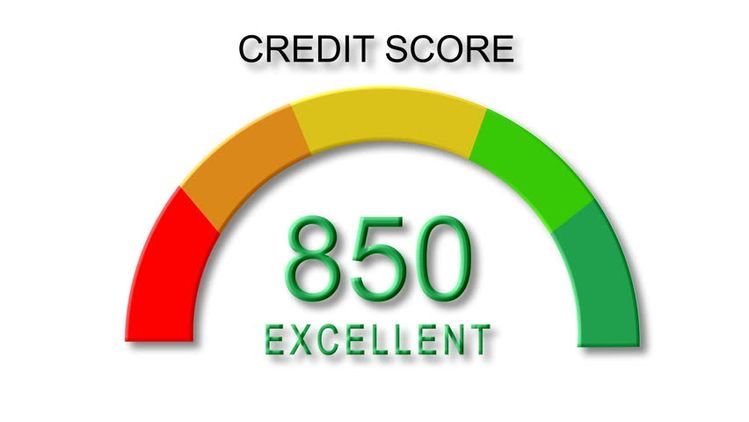If you want better credit benefits, reduced interest rates, and easier access to loans, you have to keep a clean credit history. Having a clean credit history indicates your strong financial management skills. Let’s look at how to keep your credit history strong and perfect.
What Is Credit History?
Your credit history is a record of how you’ve managed your past and current loans or credit cards.
It includes details such as,
| Credit History Component | Description |
| Payment Record | Shows if you’ve paid EMIs or bills on time |
| Credit Utilization | The percentage of used credit out of the total limit |
| Credit Age | How long have you maintained active credit accounts |
| Credit Mix | A combination of secured (like loans) and unsecured (like credit cards) credit |
| Hard Inquiries | Requests made by lenders when you apply for credit |
Why Is It Important to Keep a Clean Credit History?
There are several advantages to keeping a good credit record,
1. Better loan eligibility – Clean histories are trusted by banks and NBFCs.
2. Lower interest rates – Good credit reduces risk, leading to better rates.
3. Higher credit card limits – Financial institutions reward responsible users.
4. Easier approvals – Personal, car, or home loans get quicker approvals.
Your credit score is directly affected by your credit history, and together they are the indicators of your overall financial health.
How to Keep a Clean Credit History
1. Pay Your Bills and EMIs on Time
Late payments have a negative impact on your credit score and history. To make sure you don’t miss any due dates, set reminders or use the auto-pay feature.
2. Keep Credit Utilisation Low
Make sure you are using only about 30% or less of your total credit limit. This will show the lenders that you are able to manage the credit responsibly.
3. Avoid Applying for Loans Frequently
Several loan or credit card applications will result in hard inquiries, which hurt your score.
4. Regularly Check Credit Reports
You can get one free report a year from the major credit bureaus like CIBIL, Experian, Equifax, and CRIF High Mark. Check it for mistakes or uncollected debts.
5. Keep Old Credit Accounts Open
Older accounts increase your credit age, which positively affects your credit benefits and the stability of your score.
6. Wisely Mix Secured and Unsecured Credit
Having both types of credit, like a car loan and a credit card, creates a balanced credit mix that lenders appreciate.
Common Mistakes That Ruin Credit History
| Mistake | Impact on Credit History |
| Missing EMIs | Lowers credit score and adds negative remarks |
| Overusing Credit Cards | Raises the utilisation ratio, indicating financial stress |
| Defaulting on Loans | Creates long-term damage to creditworthiness |
| Closing Old Accounts | Reduces credit age and limits |
| Ignoring Credit Report Errors | Keeps false negative entries active |
How Long Does Credit History Stay on Record?
In India, a person’s credit report will usually include credit history for around 7 years. Serious defaults or write-offs may stay longer. Hence, managing your credit responsibly today helps safeguard your financial future.
Key Takeaways for a Clean Credit History
- Always pay dues on or before the due date.
- Keep your credit utilisation below 30%.
- Avoid unnecessary credit applications.
- Check your credit report for accuracy every few months.
- Maintain a balanced mix of loans and cards.
If you follow this, a perfect credit score is in store for you, along with good financial management, which is the best way to live.
Conclusion
A clean credit history does not happen overnight; it takes hard work and proper financial management as a daily routine. When you make timely payments, monitor your reports, and manage credit wisely, you’ll see the credit benefits of better loan opportunities and higher trust from lenders. Building a strong credit foundation today ensures a smooth financial journey tomorrow.




